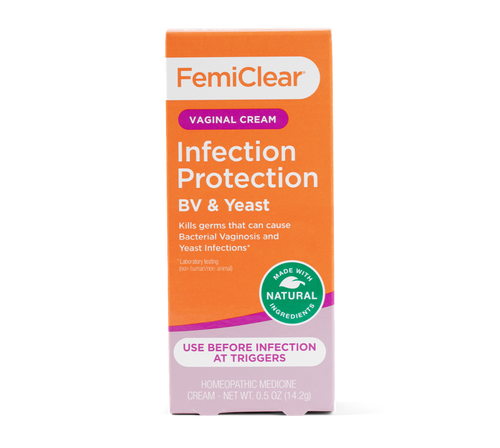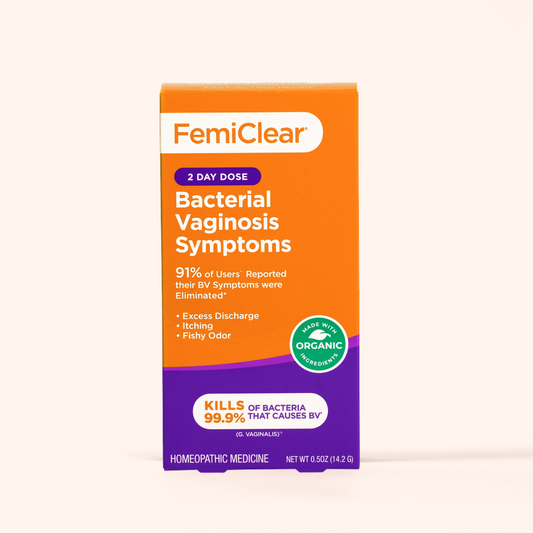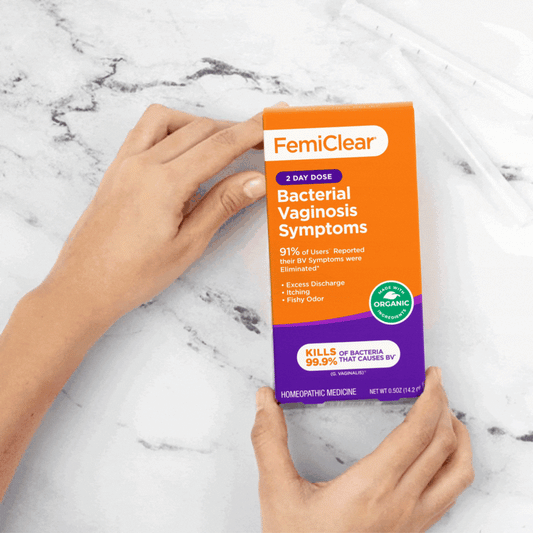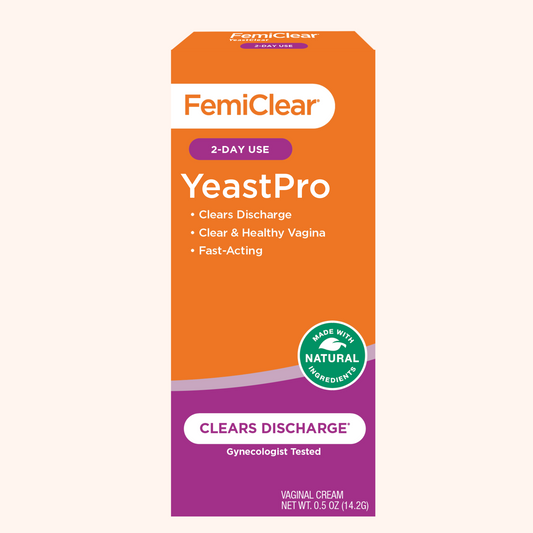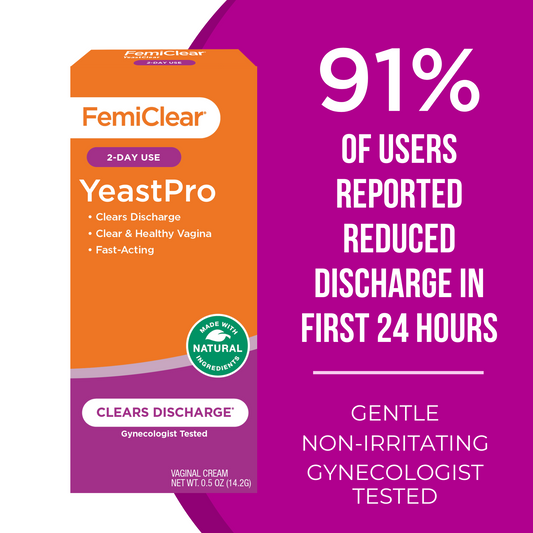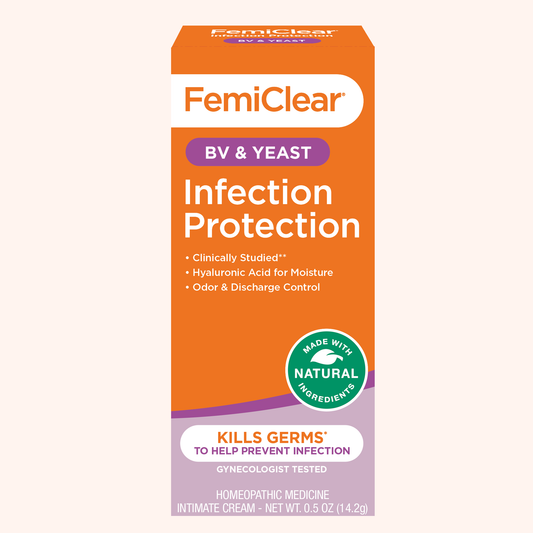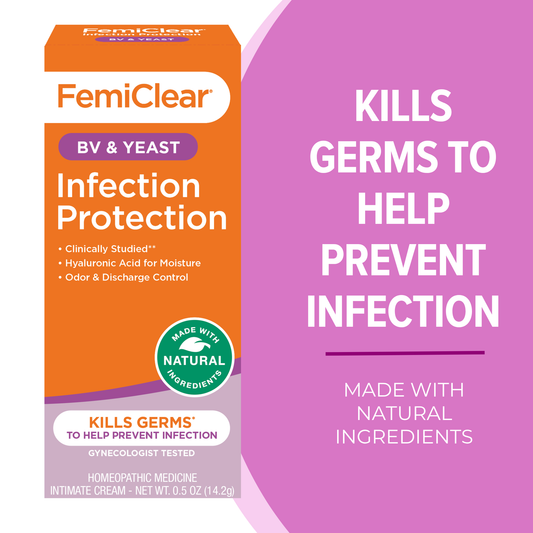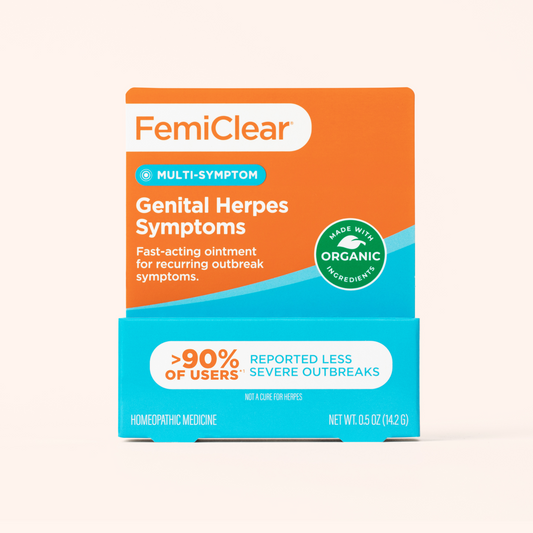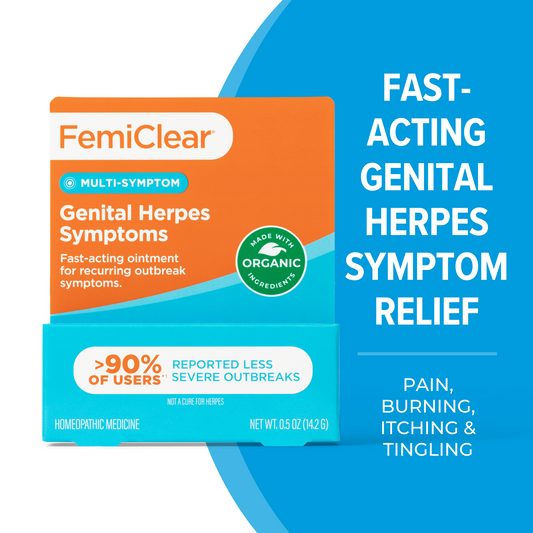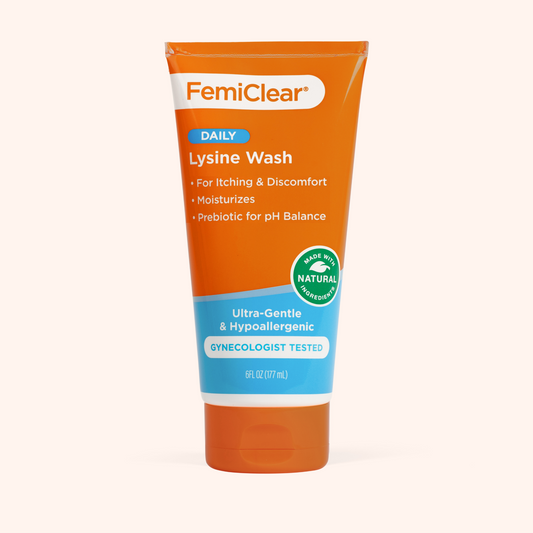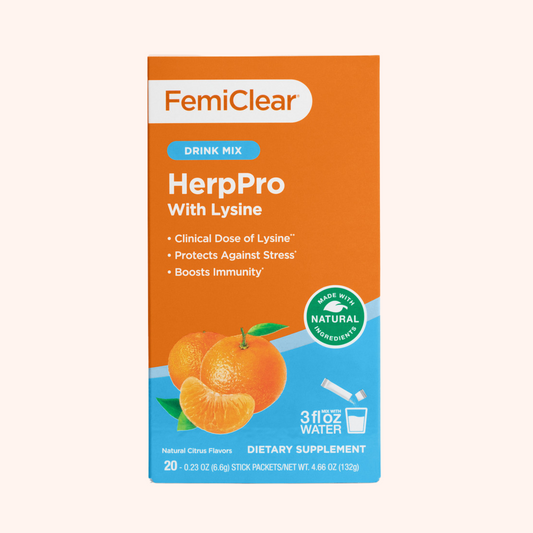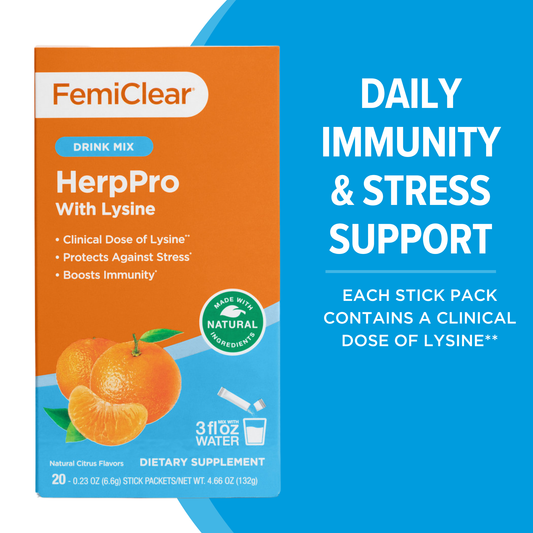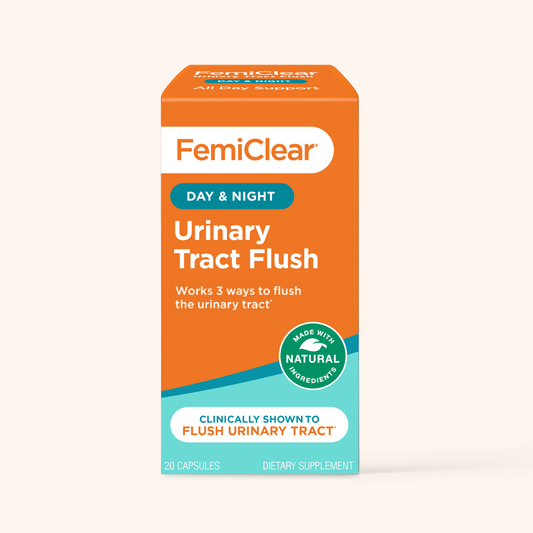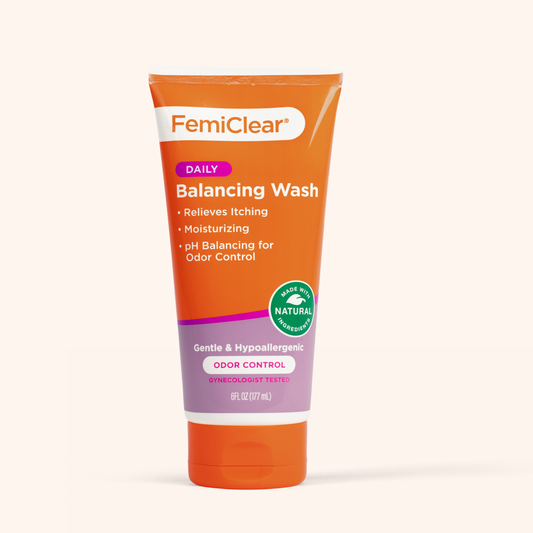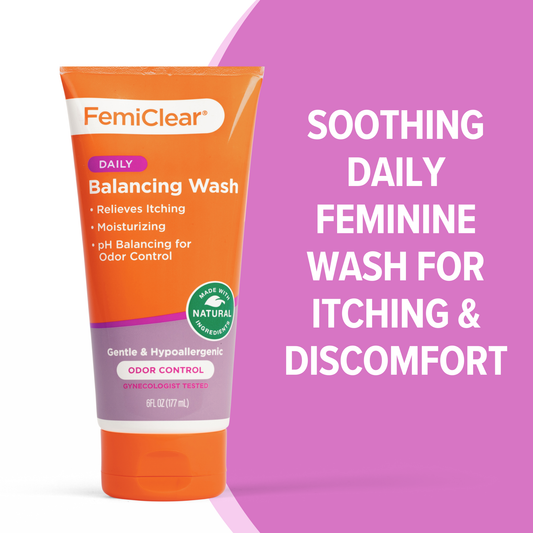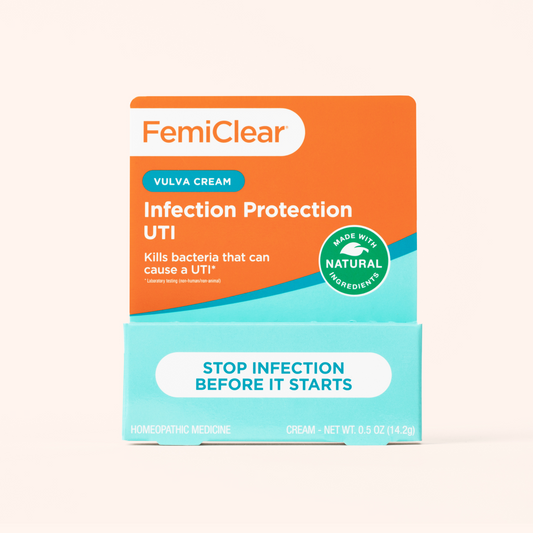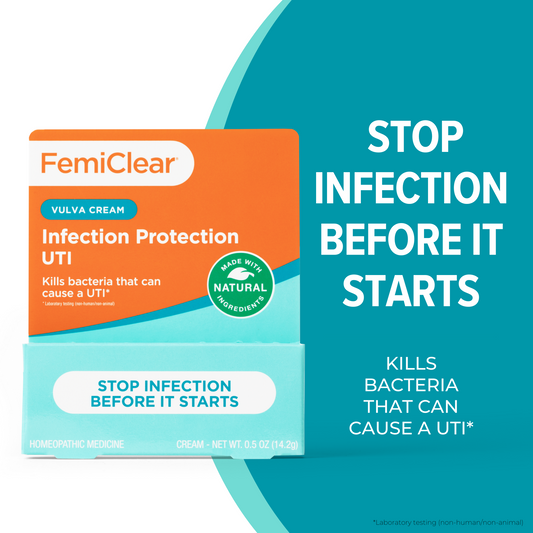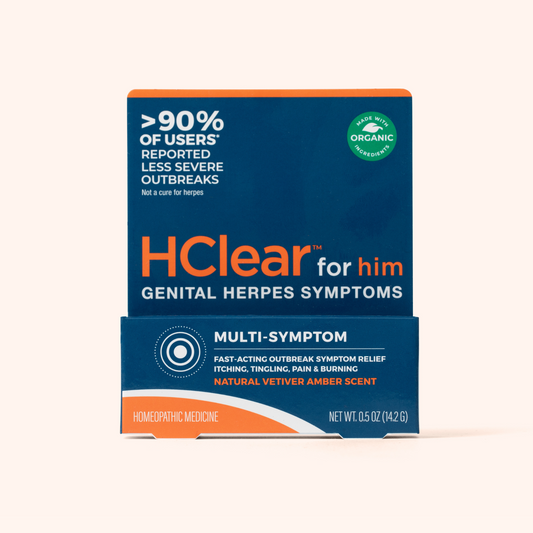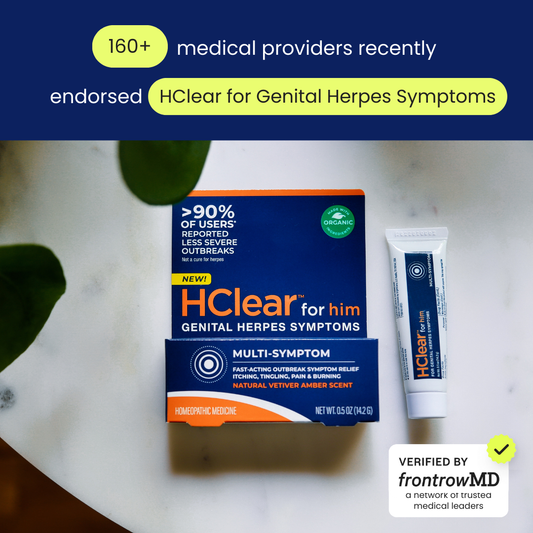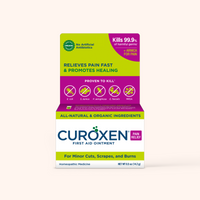Table of Contents
How does smoking affect your sexual health?
Written by Melissa Walsh, MD, FACOG Board-certified OB/GYN Jan 24, 2023

The New Year holiday brings in new resolutions and renewed hope for a fresh start in 2023 with many seeking a healthier life, both mentally and physically. One of the most common resolutions in the U.S. is to stop smoking, with 20% of surveyed adults aiming to quit in 2022. Kicking a habit can be challenging, but increasing knowledge of the effects of smoking on our health, starting a path toward quitting, and teaming up with a clinician can help us to fulfill this life-changing resolution!
When we think about the effects of smoking or vaping on our health, many may think of its effects on our lungs, our breathing, or the mouth and face. In reality, the act of smoking impacts virtually every area of our body and health, not just those in direct contact with the smoke or vapor. Smoking tobacco or marijuana products, and vaping can have numerous effects on the vagina and reproductive organs, including potentially harmful and negative consequences on fertility, pregnancy, and sexual health.
How Do Tobacco and Nicotine Products Affect Your Sexual Health?
Tobacco smoke contains over 7,000 chemicals, many of which are toxic and can harm the body. When a person smokes tobacco or vapes, the smoke is inhaled into the lungs and the chemicals from the smoke are then absorbed into the bloodstream where they circulate and can interact with any organ system throughout the body. The toxins in tobacco smoke can also be inhaled by secondhand exposure and affect those who have been exposed to the smoke. Some of the most harmful chemicals found in tobacco smoke, which have been linked to cancer and other health problems, include tar, formaldehyde, hydrogen cyanide (poison), acetone, nickel, benzene (gasoline), and carbon monoxide.
The nicotine-containing liquids used for e-cigarettes and pod cartridges typically consist of a mixture of a common food additive, propylene glycol, and/or vegetable glycerin, and a variety of flavoring chemicals which increase the users' exposure to potentially toxic ingredients. While it’s important to note that the long-term health effects of vaping are not yet fully understood and more research is needed to fully evaluate these products, the e-liquid mixtures may have some harmful substances identical or similar to those found in tobacco smoke. Toxins such as formaldehyde, acetone, diacetyl, acrolein, and high concentrations of nicotine have been detected in the liquids used in e-cigarettes and cartridges.
How Does Smoking Tobacco and Nicotine Products Affect Vaginal and Sexual Health?
Smoking has been shown to suppress our immune system, leading to an increased risk of BV, yeast infections, and herpes outbreaks, as well as a two-fold increased risk for cervical cancer. The presence of chemicals from smoking or vaping impacts the vaginal pH, an essential component of maintaining the microbiome, which is the body’s balance of naturally occurring bacteria and yeast. Inflammation resulting from a build-up of the breakdown products, or metabolites, of these toxic substances, causes an increase in the pH, negatively affecting the vaginal tissue and its microbiome. Studies have shown that nicotine and other metabolites from smoking or vaping can affect the balance of the vagina by making the environment less favorable for good bacteria, thus potentially leading to an increased risk of infections such as bacterial vaginosis (BV).
This disruption of the pH and microbiome balance can cause a noticeable change in odor, particularly with BV which produces a “fishy” smell, oftentimes with watery off-white or grey discharge. A dietary supplement, such as a feminine probiotic, may help your body restore its microbiome and natural scent, but for new or recurrent bothersome symptoms, a visit with your GYN for a full evaluation and treatment as well as assistance with quitting smoking, if needed, is advised.
In addition to affecting the vaginal microbiome, nicotine and its metabolites have been found to reduce blood flow to the vagina, leading to decreased libido, vaginal dryness, and decreased lubrication. This can make sex uncomfortable and may increase the risk of tearing or other damage to the vaginal tissue, further increasing inflammation and pH imbalance. It is important to note that these effects can be caused by smoking cigarettes or using other tobacco-based products, as well as by using nicotine products such as e-cigarettes. Maintaining healthy external vaginal hygiene with water and use of a balanced feminine wash, like FemiClear Restoratives, can help to decrease some of these effects. Ultimately, however, the most comprehensive solution is to begin your journey to quitting smoking or vaping.
How Do Tobacco & Nicotine Products Affect the Reproductive System?
The toxins from smoking have been linked to decreased fertility and estrogen production through several mechanisms. One of the main ways these substances can affect the reproductive organs is by damaging the fallopian tubes, which are the tubes that carry eggs from the ovaries to the uterus. The toxins and metabolites from tobacco or vape smoke can cause inflammation and damage the lining of the fallopian tubes, leading to scarring and blockages. This can make it more difficult for an egg to travel through the tubes and increase the risk of infertility. Nicotine metabolites can also affect the cervical mucus, which plays a role in helping sperm travel to the egg, by making it thicker and less hospitable to sperm. Several research studies have found that the chemicals from smoke may disrupt the normal functioning of the ovaries and ultimately reduce the circulation of estrogen, which can lead to irregular periods, difficulty getting pregnant, and other menstrual issues.
In addition to these effects on fertility, smoking tobacco can also have negative effects on pregnancy and fetal development. Smoking during pregnancy can increase the risk of miscarriage, preterm labor, and low birth weight. Babies born to mothers who smoke during pregnancy may have a higher risk of developing health problems such as respiratory issues and developmental delays.
How Does Smoking Marijuana Affect Your Sexual Health?
Marijuana is a psychoactive drug that is made from the Cannabis plant. Its primary active component is THC, or tetrahydrocannabinol which interacts with cannabinoid receptors that are found throughout our bodies. Similar to tobacco or vape smoke, marijuana smoke can contain toxic substances, like tar and carbon monoxide, amongst others depending on its preparation. The effects of smoking or vaping marijuana-based products on the vagina and reproductive organs are not well understood as research on this topic is limited. However, there is some evidence to suggest that consistent marijuana use may decrease our resistance to infections like BV and yeast as well as potentially affect fertility and pregnancy.
How Does Smoking Marijuana Affect Vaginal and Sexual Health?
Unfortunately, at this time, there are no studies that specifically examine the effect of marijuana use on the vaginal pH balance or microbiome. Comparable to the effect of smoking tobacco or vaping, the presence of toxins and metabolites from e-liquids or other THC preparations, especially in recurrent users, could potentially cause pH balance changes. One recent study reported a significant association between marijuana use and BV, with a 2-fold risk of developing a recurrence of BV. Cannabis has been associated with both an increase and decrease in libido, though the mechanism is not known, it appears to be individual and dose-dependent. Future research is needed to explore the THC-related factors that could lead to pH and microbiome changes and help us better understand how cannabis metabolites interact with the vagina and reproductive organs.
How Does Smoking Marijuana Affect the Reproductive System?
There are a growing number of studies investigating the effect of marijuana on our reproductive systems and fertility. Marijuana use has been found to be associated with a longer time to pregnancy as well as an increased risk of anovulatory infertility, which is a type of infertility that occurs when a woman does not ovulate (produce eggs). THC has been shown to have the potential to affect hormones that regulate our menstrual cycle as well. There is also some evidence to suggest that marijuana use during pregnancy may have negative effects on fetal development. A review of the available research found that marijuana use during pregnancy was associated with an increased risk of low birth weight and preterm birth. Additionally, children exposed to marijuana in the womb may have a higher risk of developing developmental delays and other health problems.
In conclusion, smoking or vaping tobacco or marijuana products can have potentially harmful and negative effects on the vagina and reproductive organs. The chemicals added to and/or produced by smoking or vaping have been associated with an increased risk of cancer, an impairment of the immune system and increased infections, menstrual cycle changes, fertility issues, as well as pregnancy and fetal development. As we start a new year with better health at the forefront of our minds, it is important to be aware of these potential risks and to consider the impact that smoking tobacco or marijuana products can have on our reproductive health.
Written by Melissa Walsh, MD, FACOG Board-certified OB/GYN Jan 24, 2023

BV & Yeast Infection Protection Cream
Stop infection before it starts
Learn More